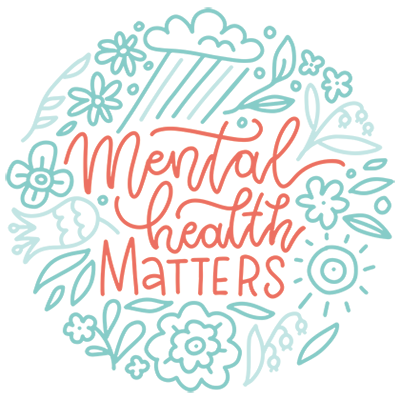With the holidays having just wrapped up and the upcoming 2023 Bell Let’s Talk Day on January 25, now is an opportune time to be talking about all things mental health. In its 13th year of running, this day encourages us all to think about the meaningful actions we can take to foster positive change when it comes to mental health. 1 in 5 Canadians experience a mental illness any given year. 1 Yet, in a 2019 survey of working Canadians, 75% of respondents said they would be reluctant – or would refuse – to disclose a mental illness to an employer or co-worker.1 Clearly there is a long way to go when it comes to ensuring those in the workforce feel supported in their mental health journey.
Cultivating Psychologically Safe Workplaces for Employees
Considering how the onset of the pandemic has irrevocably changed the way we work, what has come to the fore is that employee wellness is key for organizational success. Indeed, since COVID-19, fewer Canadians report having excellent or very good mental health – 55% (July 2020) down from 68% (2019).3
It is within this context that HR professionals are often tasked with devising policies and programs that prioritize employee well-being in a holistic manner, including psychological safety at work and workplace cultures that facilitate wellness throughout the organization. Healthy, happy employees are productive employees who make businesses resilient and agile, which is even more reason for ensuring that mental health initiatives in the workplace get their due.2
In fact, more and more business leaders are looking to HR experts for specific tools and techniques to support employee well-being. If you’re keen to level up your abilities in cultivating safe spaces to talk about mental health and in tackling burnout for leaders and staff members head on, this Master Class on Supporting Employee Well-Being starts February 21. This offering will draw on cutting-edge research and will deploy engaging activities to demonstrate the business value of having a robust employee wellness strategy.
From identifying what a psychologically safe workplace looks like and the ways in which it enhances your organization, to examining how current workplace practices impact psychological safety, there is lots to delve into for HR professionals. Translating this into practice requires identifying what individual, team and collective actions can strengthen psychological safety as well as optimizing your well-being strategy on the go, as you gain insights and feedback on what’s working well and what isn’t.
But it doesn’t stop there in terms of how HR professionals can authentically champion psychologically safe workplaces. It goes without saying that employee compensation and benefits packages are inextricably linked to their wellness. Specifically, benefits in the realm of disability and wellness management as well as drug plan management directly impact how accessible various health management tools are to employees. For HR professionals seeking more information on the trends and challenges that shape this landscape, as well as the benchmarks for success here, the Canadian Benefits Certificate Program, coming up in spring, is one you may want to check out.
Fostering Good Mental Health Practices for Yourself and Your Teams
It is just as important to carve out time and space to cater to your own mental health needs as well, because you cannot give from an empty well. Since HR professionals are often leading workplace wellness and mental health strategies and because this is still an emerging area of expertise, there is an acute need for skills training in navigating mental health at work. This calls for professional development opportunities that cater to the dynamic needs of HR professionals.
One upcoming program that fills this gap is the Mental Health Certificate for HR Professionals, which explores how the Canadian Standard for Psychological Health & Safety [AB1] can be applied in various workplaces. This program will enable participants to approach mental health workplace strategies with confidence and with an awareness of relevant legal and ethical considerations. Topics addressed through this program will range from compassionate leadership, people-centric practices and burnout prevention to energy management, mindful listening and much more.
Be it crafting mental health and wellness workshops, reviewing sick leave frameworks, processing stress leaves or assessing and revamping employee benefits programs, HR professionals are truly front and center in all of these initiatives. The key take-away here is that regardless of HR professionals’ previous experience with workplace mental health policy development, it is not too late to get up to speed on the latest findings and effective strategies. These are key to improving your expertise so you can comprehensively support employees’ well-being.
This Bell Let’s Talk Day, as we reflect on how we can utilize our personal and professional strengths to further this cause, HR professionals are invited to think deeply about how this welcome focus on mental health can translate to workplaces and the role they can play in this.
